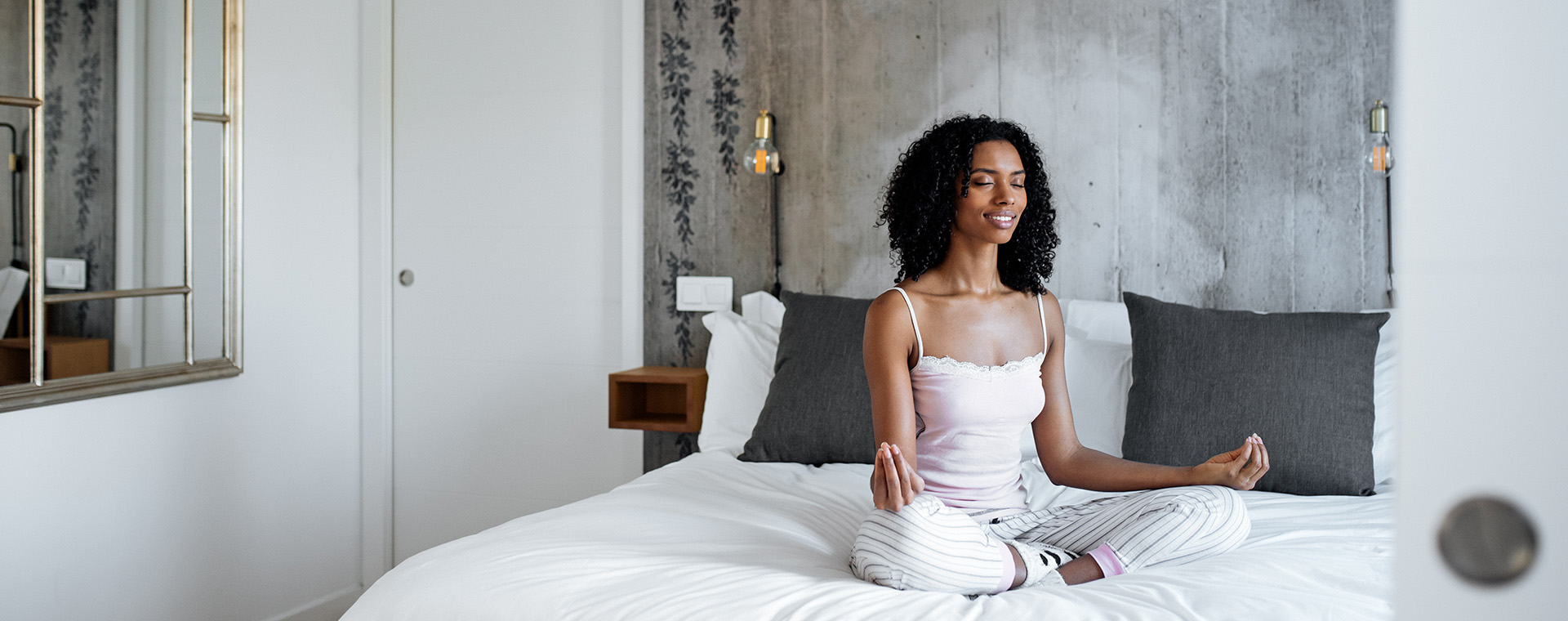This article was written in partnership with the Edmonton Sleep Institute.
Many health experts identify sleep as one of the most undervalued, overlooked aspects of our personal wellness. However, sleep’s impact on our well-being and quality of life is immense and it is integral to how well we manage stress, concentrate on work and how our physical body functions. If you are having trouble sleeping, it is helpful to be aware of common sleep disorders and understand what factors can contribute to a better sleep.
Insomnia
Insomnia is a condition where you have difficulty going to sleep, staying asleep or feeling rested after sleeping. It is the most common sleep disorder and can be caused by many factors, including
- stress or anxiety,
- changes in your medication,
- environmental factors, or
- medical conditions from an injury or chronic pain.
Symptoms of insomnia include sleepiness and fatigue during the day, irritability, forgetfulness or difficulty concentrating. The longer you don’t sleep well, the more severe symptoms can become.
There are several treatments for insomnia, such as
- changing your habits or lifestyle to be more conducive to sleeping well, like
- keeping a sleep journal,
- maintaining a regular nighttime routine,
- avoiding caffeine for four to six hours before bed, and
- avoiding screen time for at least an hour and a half before bed;
- changing the medications you take;
- treating any underlying medical conditions;
- speaking with your pharmacist for advice on over the counter sleep aids; and
- Cognitive Behavioural Therapy (CBT).
You should consult with your doctor or another medical professional to find out which treatment will work best for you.
Sleep Disordered Breathing (SDB) problems
SDB problems are abnormal breathing patterns resulting in sleep disturbances. There are strong genetic influences for these issues, which can include snoring and sleep apnea.
Obstructive Sleep Apnea (OSA) is an obstruction of the upper airway during sleep, which can lead to breathing pauses of up to or over 10 seconds while sleeping. Some common symptoms include snoring, excessive sleepiness during the day and obesity.
If you are concerned about snoring or worried you may have sleep apnea you may need to see your doctor for a referral to a sleep clinic or sleep specialist. Treatment may include CPAP therapy, oral appliances, nasal congestion medicine and surgery as last resort. Untreated sleep apnea can lead to accidents, illnesses, high blood pressure, heart issues or even strokes.
Tips for a better sleep
To get a better sleep, there are several simple steps you can take. Some of these include changing your mattress or bedding so that you are more comfortable in bed or observing proper sleep hygiene, which involves setting and sticking to a regular nighttime routine, getting regular exercise and reducing stress through relaxing activities like yoga or meditation. If you are concerned about your sleep, it can be helpful to see a medical professional to discover the treatment options that are best for you.
For more information, you can contact the Edmonton Sleep Institute or visit the American Sleep Association’s website to find data and resources.



The one that worked for me was a huge change of lifestyle after having problems with sleep for a couple of years! Thanks for sharing.
We are happy to hear you enjoyed the blog!